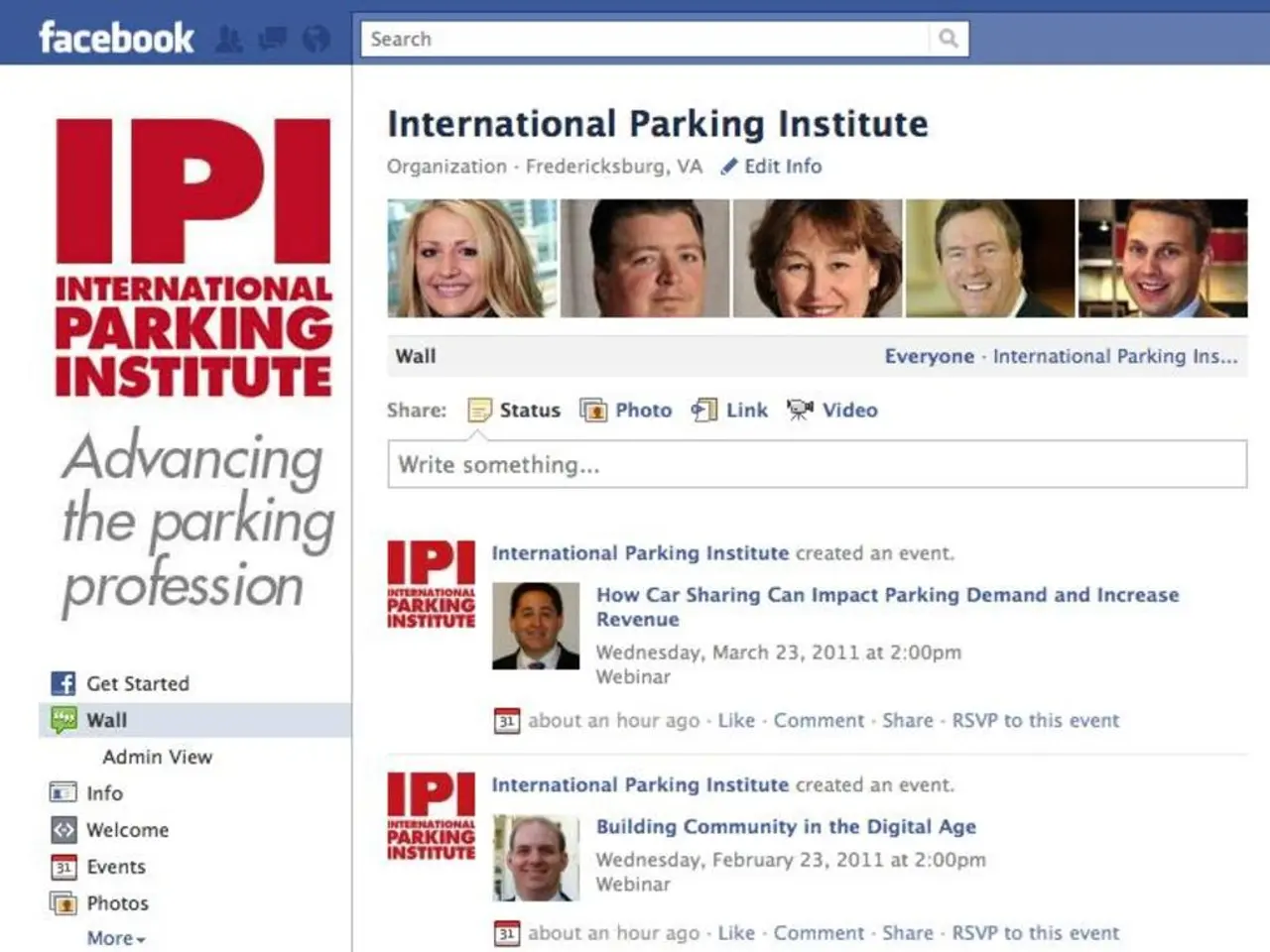Weekly median earnings for men are approximately €150 more than those for women, as indicated by CSO data.
In a recent report by the Central Statistics Office (CSO), new data has shown an increase in median weekly earnings in Ireland. The mean weekly earnings rose to €942.73, marking a significant jump from the previous year's €699.28.
However, the gender pay gap continues to persist, with median weekly earnings among men at €802.14 and those among women at €654.07. This gap has narrowed slightly, as women's median weekly earnings have increased by 10.3% since 2022, compared with 8.1% for men, showing some signs of the gap closing.
Regarding sector-wise earnings, jobs in the information and communication sector had the highest median weekly earnings at €1,440.36, while jobs in accommodation and food services had the lowest at €391.62. The financial, insurance, and property sectors followed closely behind with the second-highest median weekly earnings at €1,027.24.
Interestingly, earnings in Dublin were 36.1% higher than Donegal, which had the lowest median weekly earnings at €603.67. Median weekly earnings for people usually resident in Dublin were 12.4% higher than the wider State at €730.89.
Young workers aged 15 to 24 years saw the largest annual increase in median weekly earnings at 6%, while almost 39% of the jobs in the lower earnings bracket were taken up by workers in this age group.
The report also revealed that Irish nationals accounted for the largest proportion of people in employment at 72.5%. Indian nationals recorded the highest median weekly earnings at €876.04, but saw a decrease of 0.9%. Dr Eimear Heffernan suggested that this decrease may be linked to a fall in their representation in high-earning sectors like information and communication, professional, scientific and technical activities, and financial, insurance, and property.
It's worth noting that only 34.8% of the jobs with weekly earnings of €1,600 or more were filled by women. Despite similar annual increases in weekly earnings, median weekly earnings in the public sector were 52.5 per cent higher than those in the private sector.
Individuals who moved abroad at a young age can still make voluntary Pay Related Social Insurance (PRSI) contributions towards the Irish State pension. To qualify for the State Pension (Contributory), you need a minimum of 520 full-rate PRSI contributions (equivalent to 10 years), but only up to 260 of those 520 contributions can be voluntary contributions, such as those made while living abroad. Voluntary contributions pay full PRSI rates and count towards the pension qualification years.
For more information on voluntary PRSI contributions and eligibility, contact the Irish Department of Social Protection. Additional voluntary pension schemes like AVCs (Additional Voluntary Contributions) and auto-enrolment pension schemes are relevant for specific groups and do not replace PRSI contributions for the State Pension.
The full report from the CSO provides a comprehensive analysis of the Irish labour market and offers valuable insights into trends and developments in earnings and employment.
- The financial, insurance, and property sectors, highlighted in the report, are significant in terms of personal-finance, since they have the second-highest median weekly earnings.
- For individuals who moved abroad at a young age, making voluntary Pay Related Social Insurance (PRSI) contributions towards the Irish State pension can be beneficial for their personal-finance, as it helps them qualify for the State Pension (Contributory).




